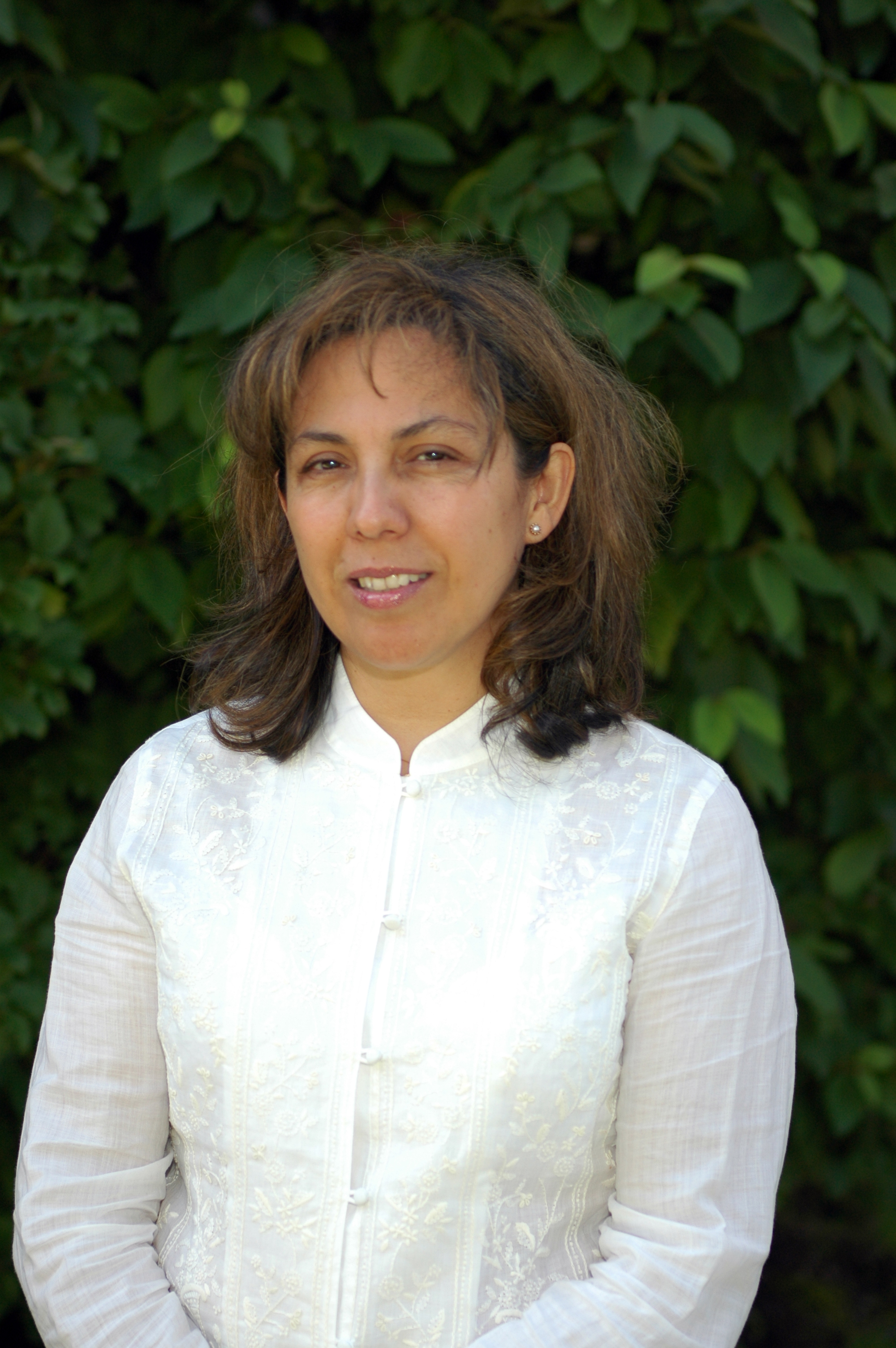L.A. Times Book Prize Finalists Announced
The finalists for the thirty-third annual Los Angeles Times Book Prizes, given in ten categories for books published in 2012, were announced today.
The finalists in poetry are Louise Glück for Poems: 1962-2012 (Farrar, Straus and Giroux), Rowan Ricardo Phillips for The Ground: Poems (Farrar, Straus and Giroux), D. A. Powell for Useless Landscape, or A Guide for Boys: Poems (Graywolf Press) Bin Ramke for Aerial (Omnidawn), and Cole Swensen for Gravesend (University of California Press).
The finalists in fiction are Jami Attenberg for The Middlesteins: A Novel (Grand Central Publishing), Michael Chabon for Telegraph Avenue (Harper), Ben Fountain for Billy Lynn's Long Halftime Walk (Ecco), Lauren Groff for Arcadia (Voice/Hyperion), and Lydia Millet for Magnificence (Norton).
The finalists for the Art Seidenbaum Award for First Fiction are David Abrams for Fobbit (Black Cat/Grove/Atlantic,Inc.), Kevin P. Keating for The Natural Order of Things (Aqueous Books), Lydia Netzer for Shine Shine Shine (St. Martin's Press), Maggie Shipstead for Seating Arrangements (Knopf), and Robin Sloan for Mr. Penumbra's 24-Hour Book Store: A Novel (Farrar, Straus and Giroux).
For embracing new electronic forms of narrative, novelist Margaret Atwood will receive the Times Innovator's Award. Atwood’s recent projects include writing a serialized e-book for Byliner and posting her work on the collaborative writing website Wattpad. A new award series hosted by Wattpad, the Attys, whose inaugural winners were recently announced, were named in Atwood’s honor.
The winners of the 2012 book prizes will be announced at an awards ceremony on April 19 at the University of Southern California. The ceremony is open to the public; tickets will be available in late March. For more information on the event, and for a list of finalists in the additional award categories of biography, current interest, graphic novel/comics, history, mystery/thriller, science and technology, and young adult literature, visit the L.A. Times Book Prizes website.





 What makes Marick Press unique?
What makes Marick Press unique?
